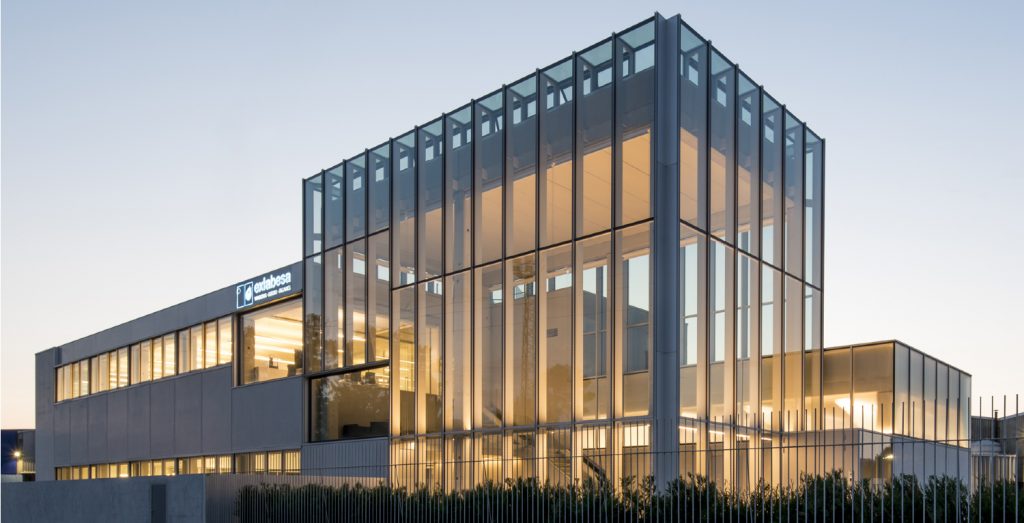What is a polyamide thermal break?
Aluminium is renowned for being the strongest material for window and door frames. This makes it an ideal material for products like bifold doors, for which large panes of glass need supporting. However, being a metal, aluminium is a naturally excellent conductor of heat. For that reason, aluminium requires a polyamide thermal break to enhance its thermal efficiency and slow its rate of thermal transfusion.
What is a thermal break?
A thermal break takes place by inserting an insulating material into the aluminium profile. This separates the interior and exterior sides of the frames. The material creates a ‘break’ in the profile, which interrupts the thermal transfer through the metal.
This drastically reduces the transferral of heat through the profile, lowering the U-values of the windows or doors. Heat has a much lower chance of escaping through the frame, and the product’s overall energy efficiency will be greatly improved.
What is polyamide?
Chemically speaking, polyamide is a polymer with repeating units linked by amide bonds. Natural occurrences of polyamides include resources like wool and silk. However, it’s possible to create polyamides artificially in the form of nylon and other plastics.
In the case of aluminium windows, the polyamide in question is plastic. Plastic can insulate 500 times more effectively than aluminium. This is why it’s used for thermal breaking. The plastic slows the transfusion of heat particles through the profile, allowing aluminium windows and doors to maintain strong levels in both aesthetic appearance and thermal performance.

What is polyamide thermal breaking used for?
Aluminium window and door frames benefit hugely from thermal breaking. It’s also used for commercial products like curtain walling. These large walls of glass are typically installed for office buildings. Only aluminium can support the vast quantity of glass. However, because of its scale, the glazing needs to be as thermally efficient as possible to prevent the indoor space from becoming too hot. In this scenario, a polyamide thermal break is absolutely pivotal. This is also the case for aluminium shop fronts.
For homeowner products, thermal breaking is also useful for aluminium sliding doors, bifold doors, and other products that have a large glass surface area.

Aluminium profiles for the trade across the UK
At Exlabesa, we are committed to providing all our trade customers with the most thermally efficient aluminium profiles.
We also pride ourselves on our exceptional customer support. If you’d like to find out more about any Exlabesa products or services get in touch today. You can call us on 01302 762 500 or contact us online.
